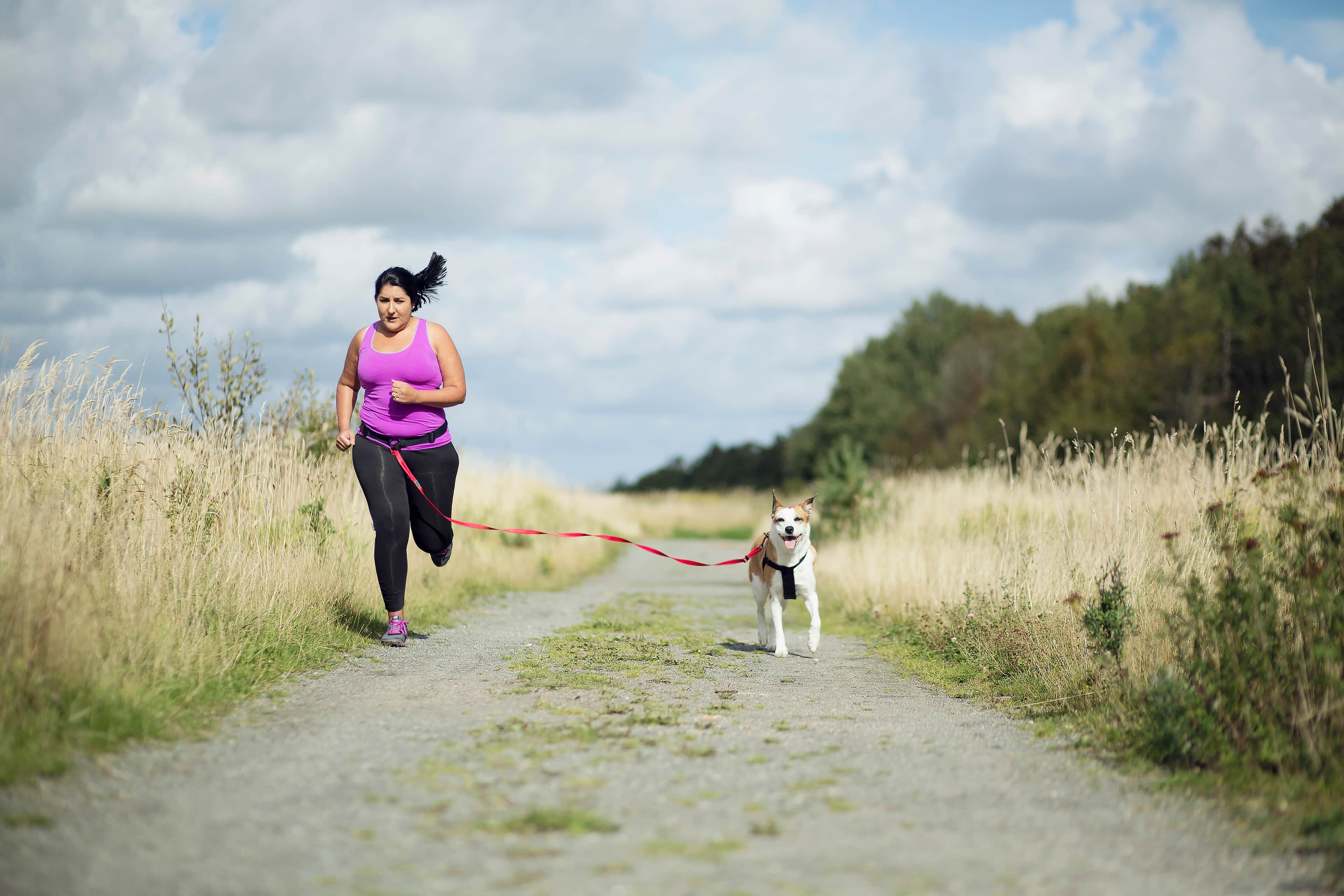
At Cancer Research UK, we exist to beat cancer. The impact of climate change is already starting to be felt across the cancer pathway, including in equipment and medicine supply chains, and within the research workforce, and may increase. This could make it harder to prevent as many cancer cases as possible, diagnose cancers sooner and develop kinder treatments.
Our ambition is to be operationally leading on environmental sustainability in the UK charity sector whilst achieving our mission to beat cancer. Our operations impact the planet in a wide range of ways, but our first environmental sustainability strategy focuses on carbon emissions – the most direct cause of climate change.
Our environmental sustainability strategy sets out the path we’ll take over the next three years to help us achieve this ambition.
To reduce our direct and indirect carbon emissions by 50% by 2030 from our 2022/23 baseline
To achieve net zero emissions by 2050
To achieve a 7% average year-on-year reduction of our emissions from 2023/24 until 2030
To embed environmental sustainability in all that we do and influence our partners to do the same
To set further goals beyond emissions reduction as we progress
We have submitted emission reduction targets for verification to the Science Based Targets Initiative (SBTi).
Read the summaryRead the detailed strategyPost publication update: We have updated our case studies on pages 14 and 19 of our detailed strategy document. The updated case studies have been reviewed internally to comply with the Green Claims Code. This document was originally published April 2024. Updated November 2024.
Over the last 18 months, we have been carrying out significant work to understand our compliance requirements and environmental footprint.
We have used our Phase 1 findings to publish our first environmental sustainability strategy to reduce our emissions.
From 2027, we aim to broaden our environmental sustainability strategy to address other aspects of the environment beyond emissions.
We're taking action every day. We’ve already successfully reduced emissions by 16% from our 2019 Streamlined Energy and Carbon Reporting (SECR) report. We’ve achieved this through a number of initiatives across labs, shops, events, in our head office and with our staff, including:
In 2023, we found new homes for over 24 million pre-loved items of clothing that were sold through our shops and superstores.
Our 2024 Race for Life medal lanyards will be made from recycled plastic bottles.
195 members of our staff have volunteered to champion sustainability across their teams.
2 out of 7 of our laboratories run through Cancer Research Horizons have achieved LEAF silver award and all of them are working towards achieving LEAF gold award in 2024/2025.
100% of our shops and offices are run by renewable energy.
Over 75% of our shops have been upgraded to LED lighting.
Thanks to our dedicated volunteers and the generosity of our supporters, around 25,000 tons of clothes are donated to our shops each year. In 2023, we redirected more than 24 million pre-loved items to new owners through our nearly 600 shops.
Scientists at the Cancer Research Horizons antibody laboratory in Cambridge used to grow bacteria in plastic flasks and throw these away at the end of their experiments. Now, they’ve switched to using glass flasks which can be washed and reused — avoiding 518 single-use plastic flasks a year and roughly 36kg of virgin plastic (including packaging). This is also saving emissions from the vehicles used to deliver plastic flasks to the lab.
Many of our supporters want to see us run our events in a more sustainable way. 2076kg of recycled plastic bottles were used to make 335,500 lanyards for our 2024 Race for Life medals, and we’ll continue to explore ways to reuse event materials and reduce the items we use that impact our carbon emissions.
For more information about Cancer Research UK's first environmental sustainability strategy, alternative document formats of our reports or answers to any questions you may have, you can speak to our friendly Sustainability and Environmental Social & Governance (ESG) Reporting team.